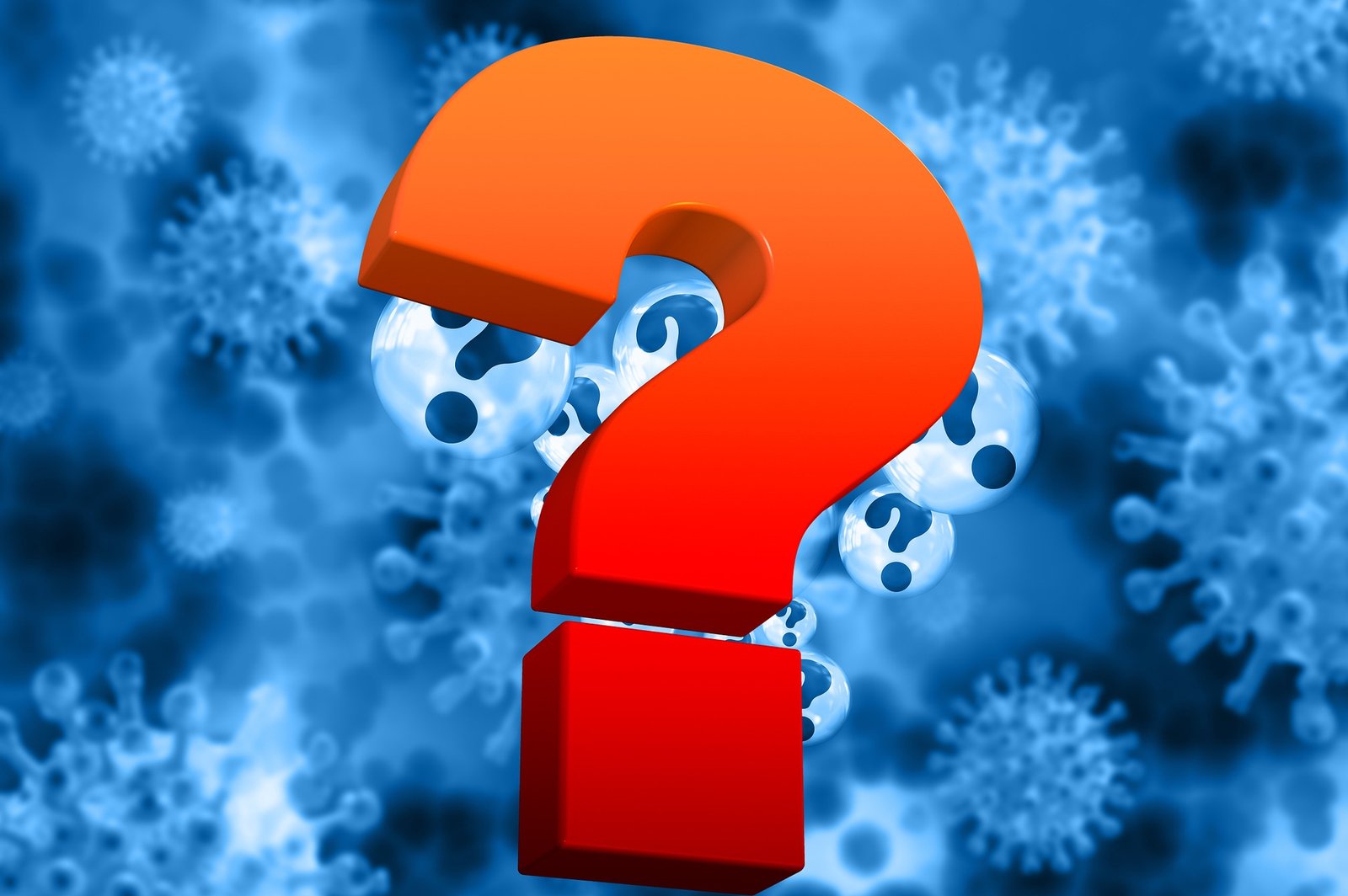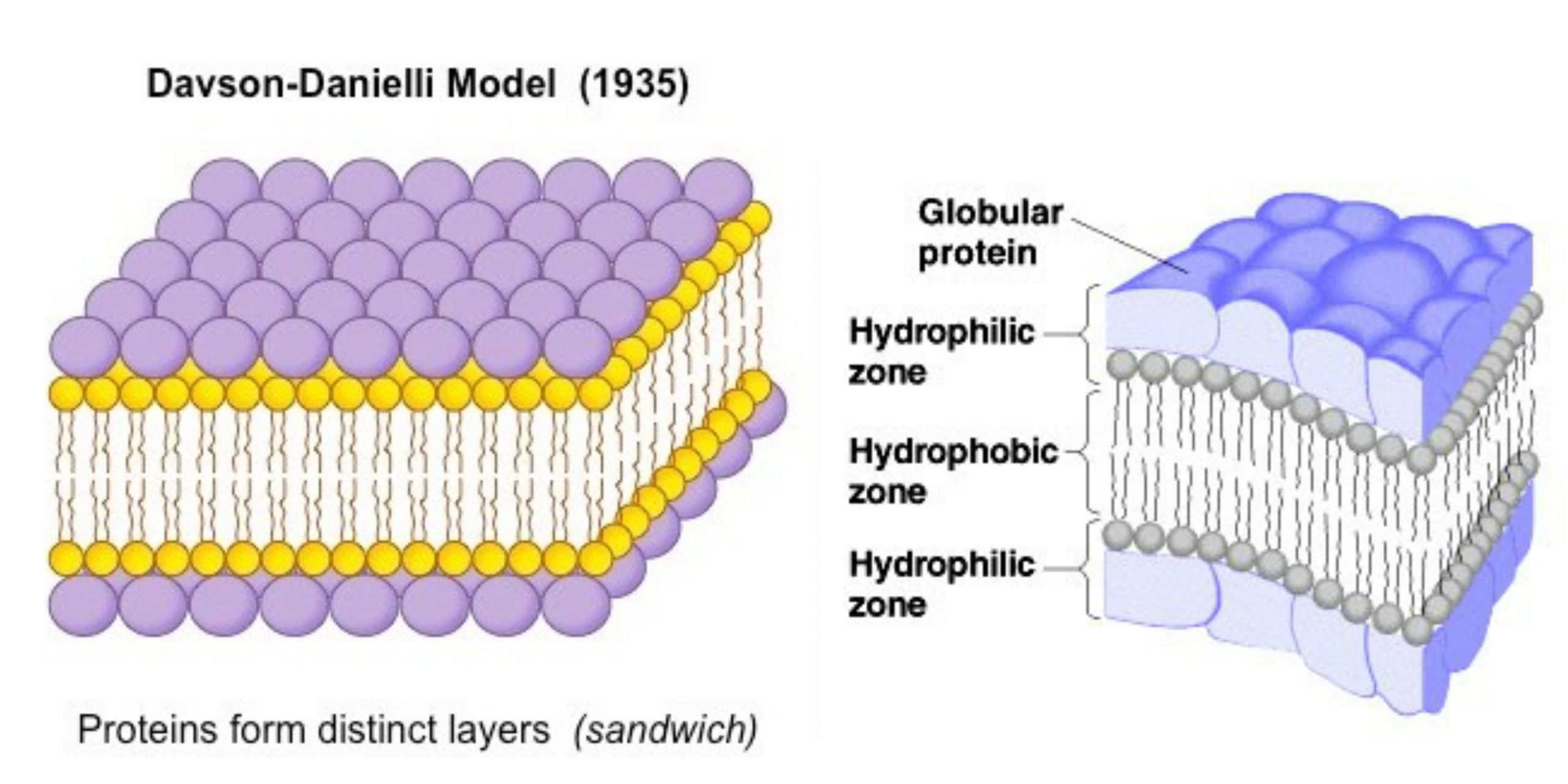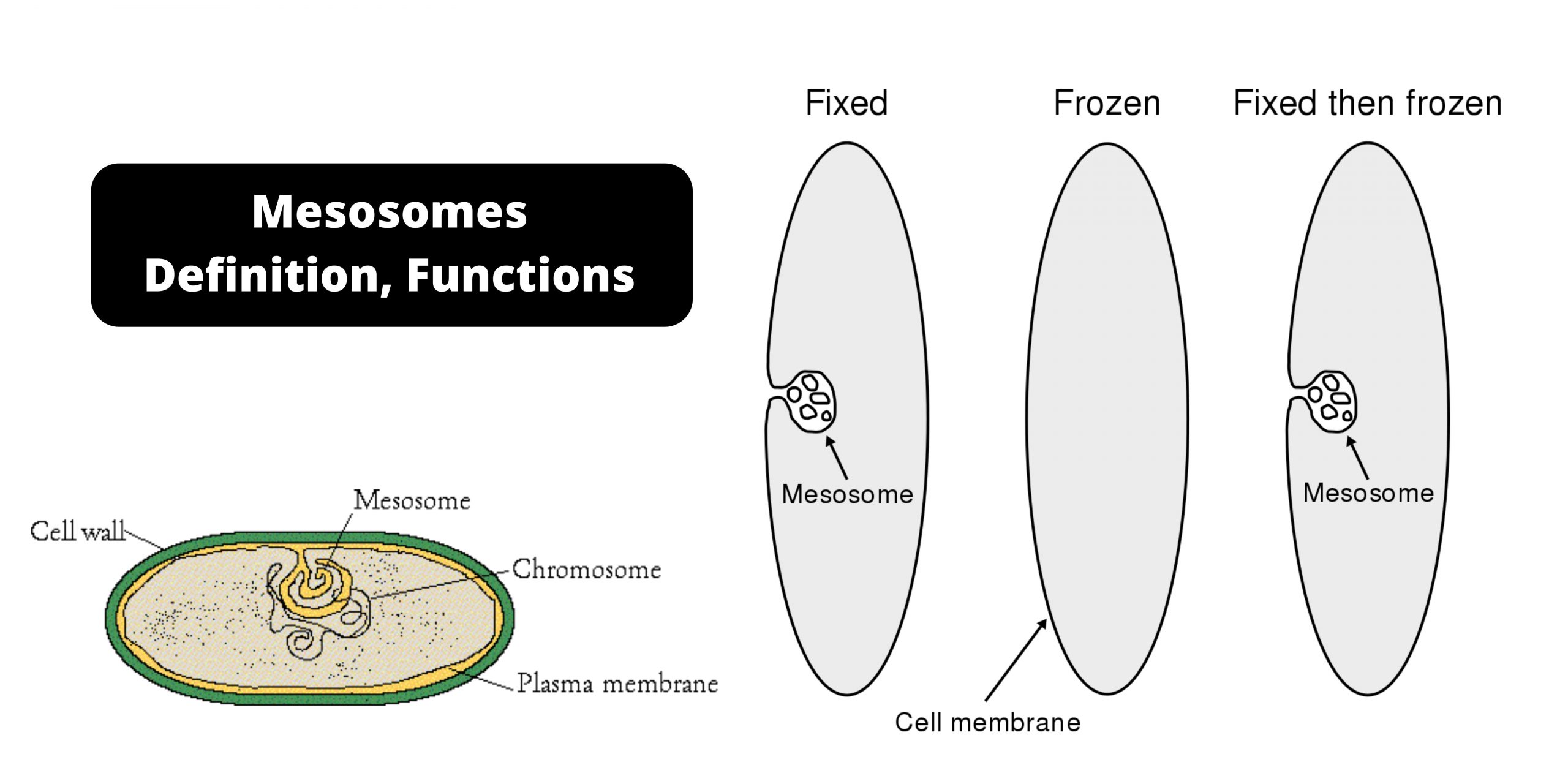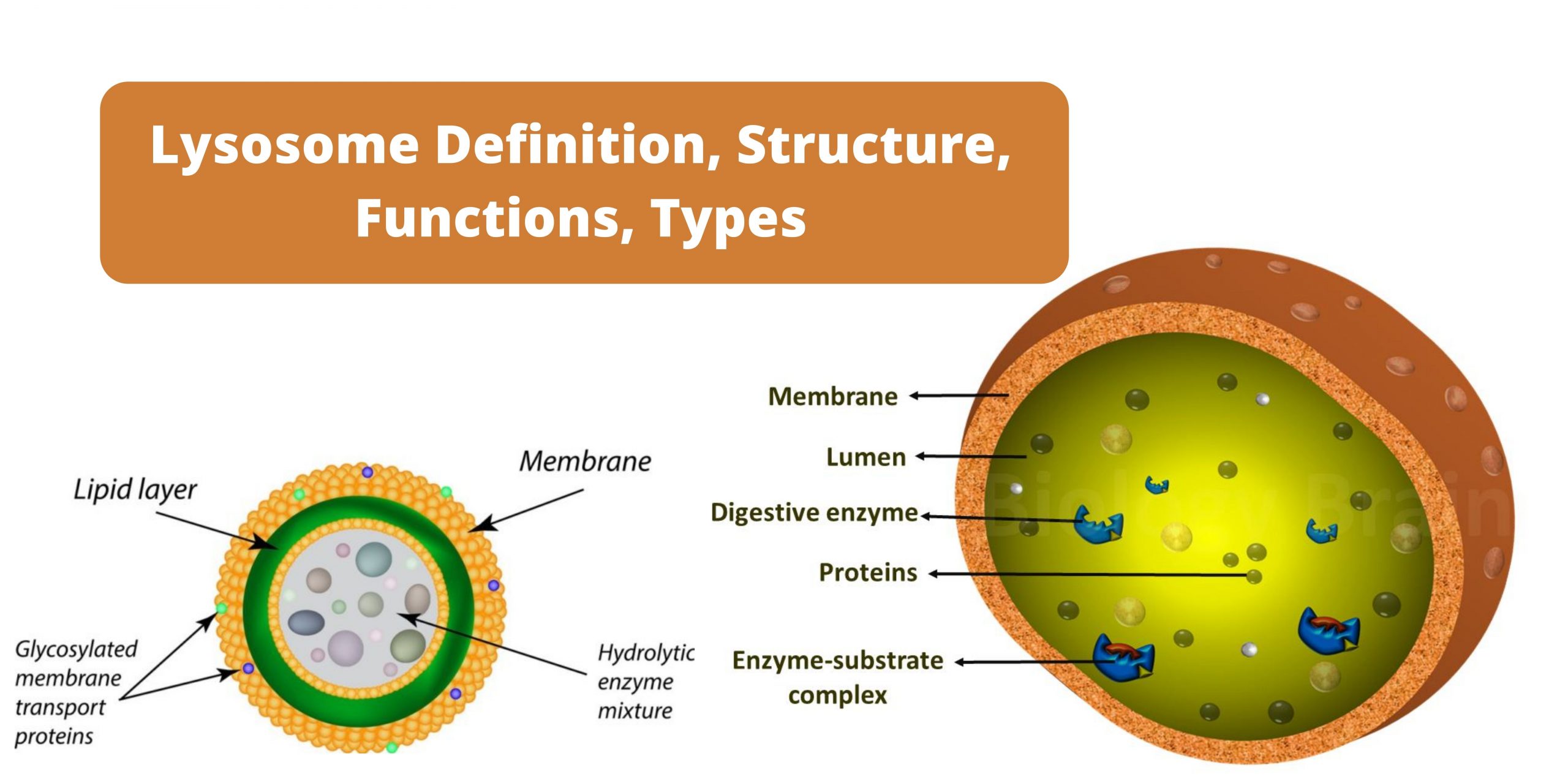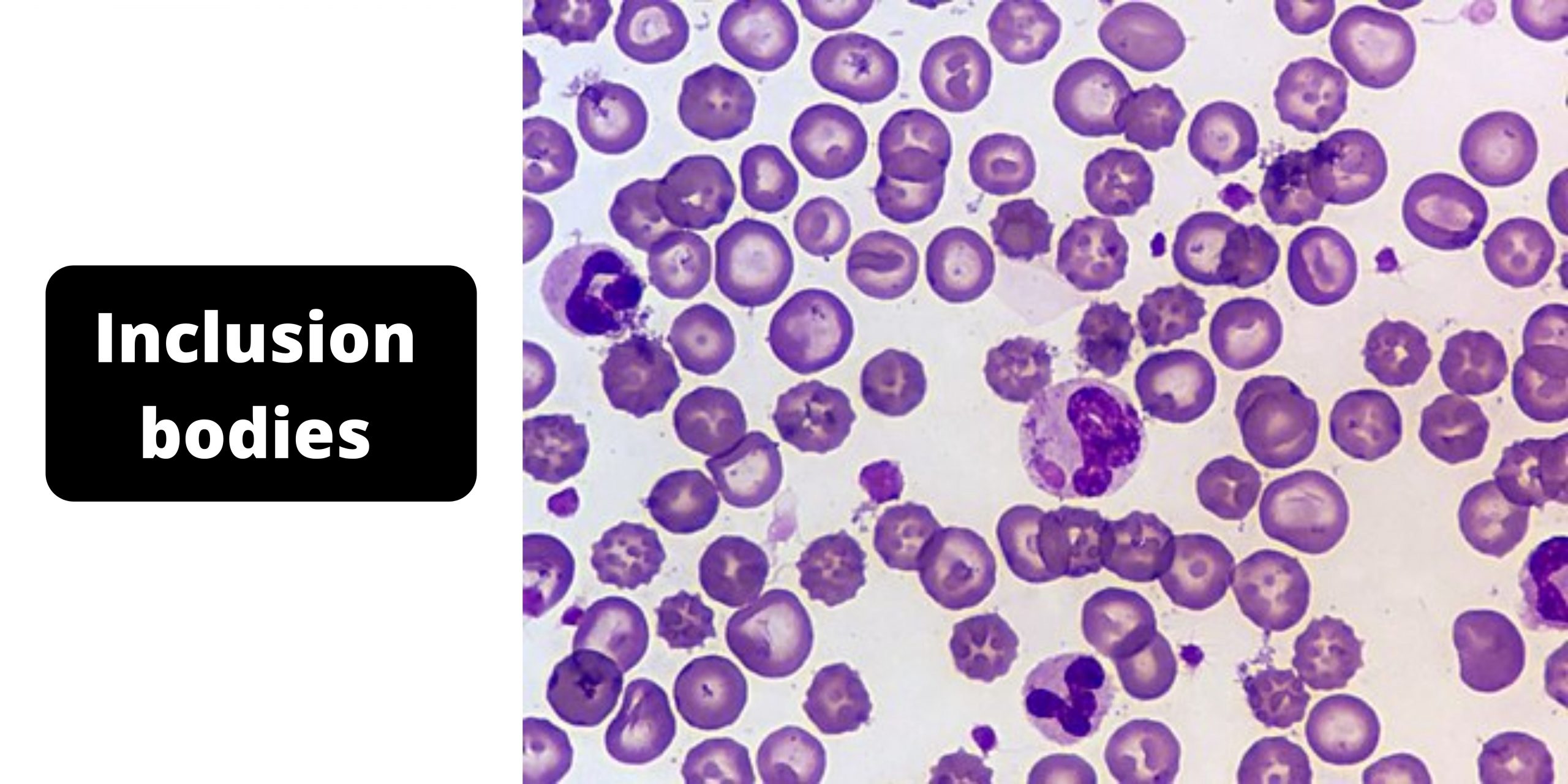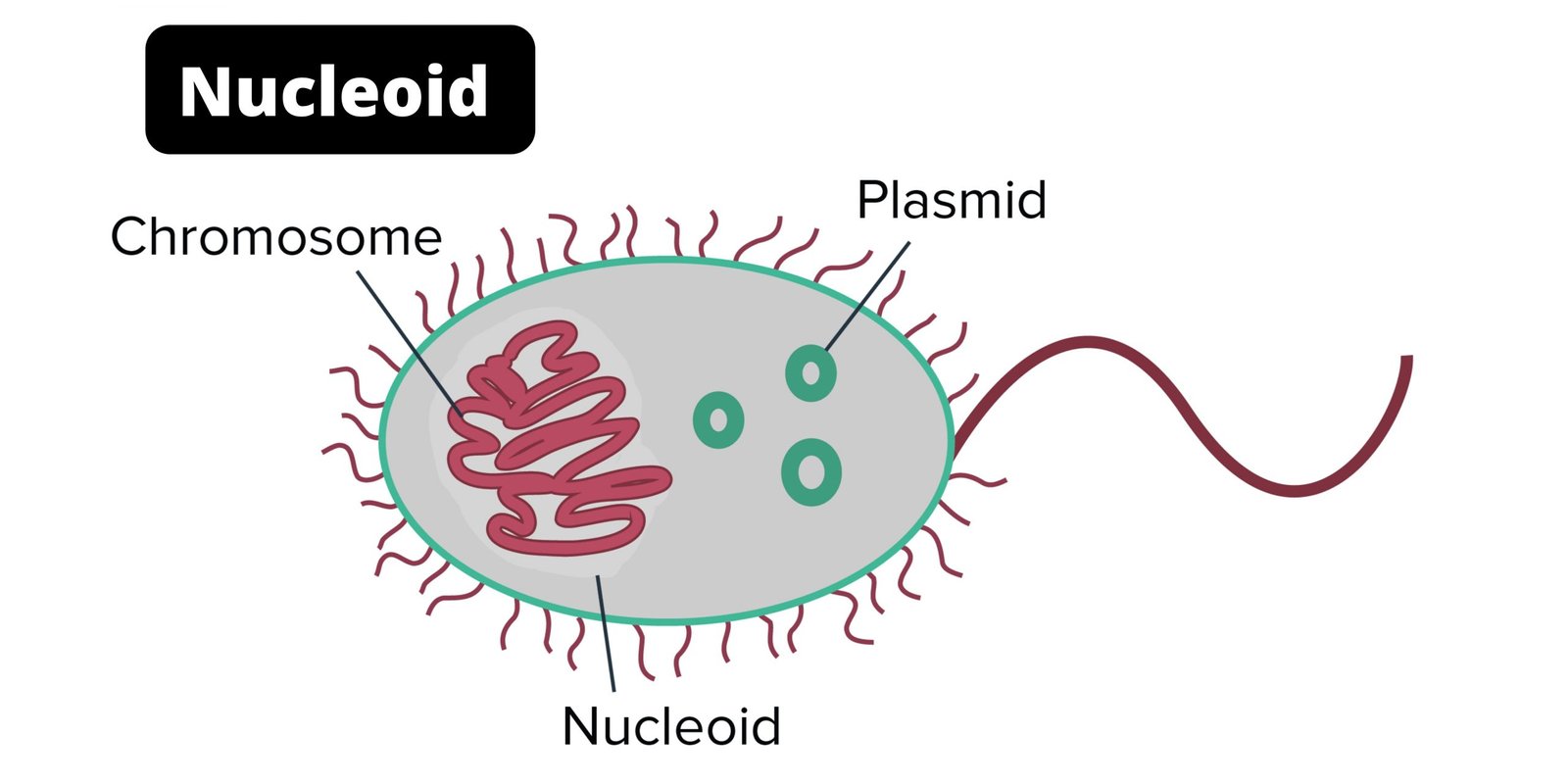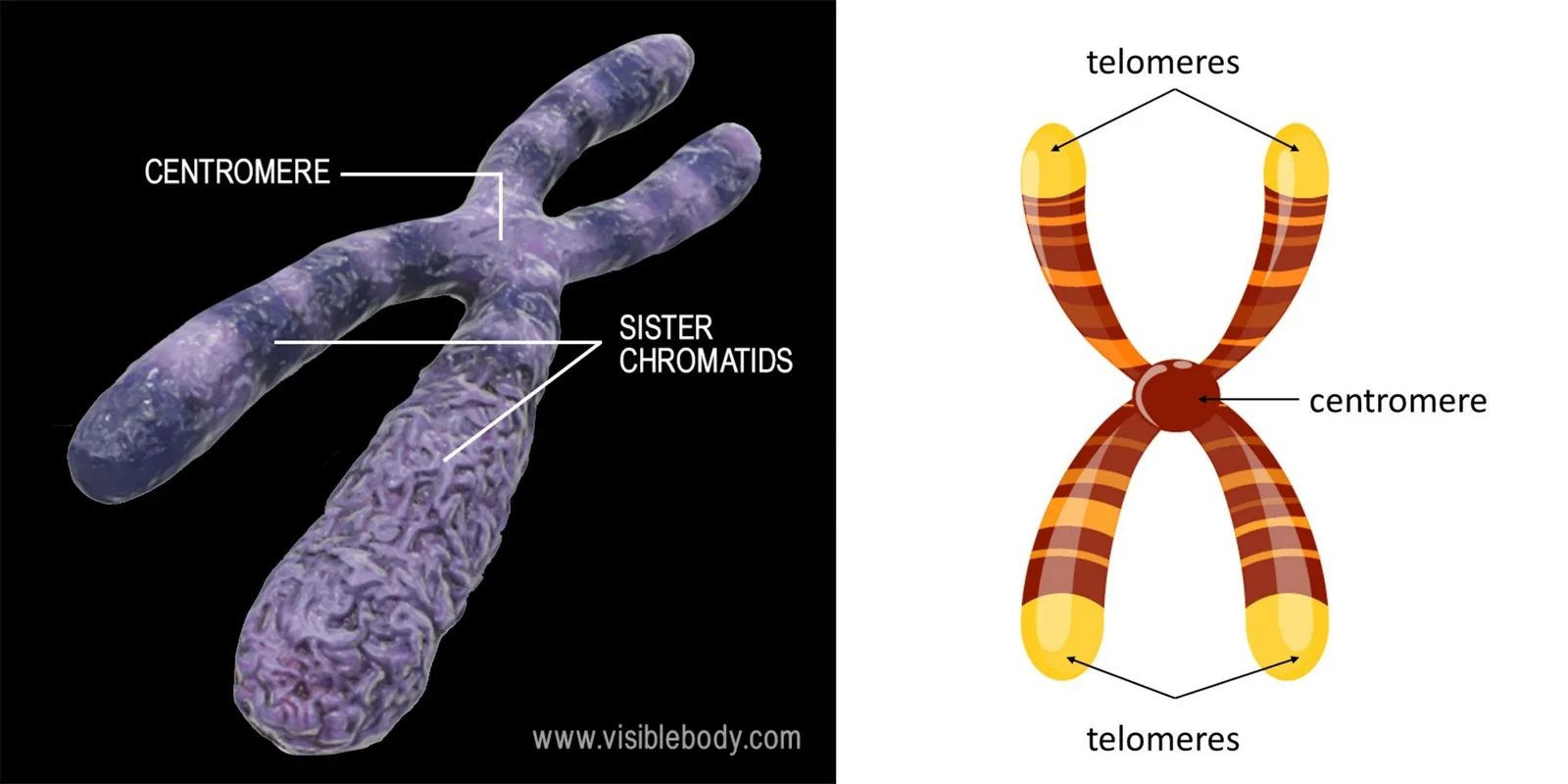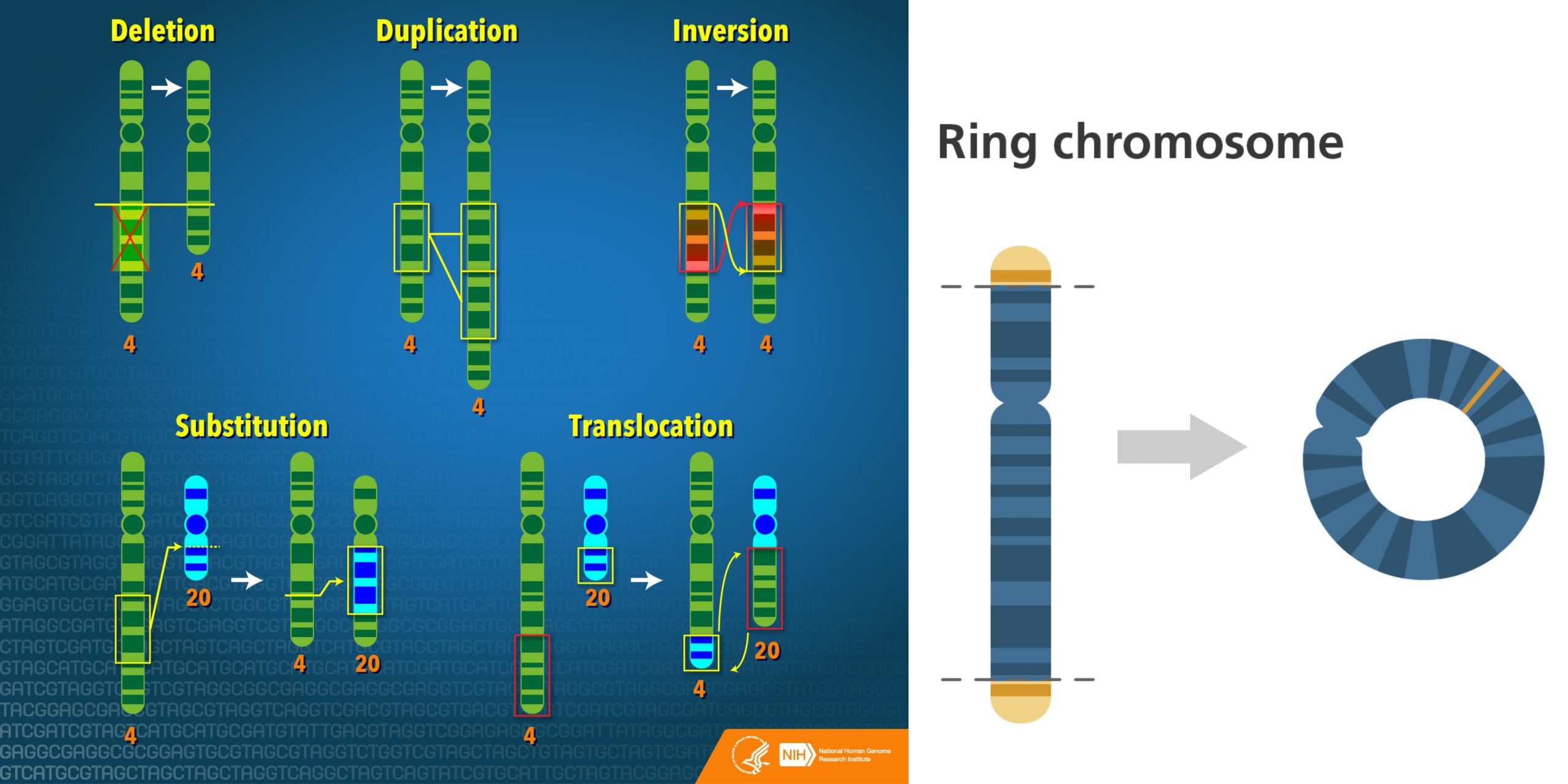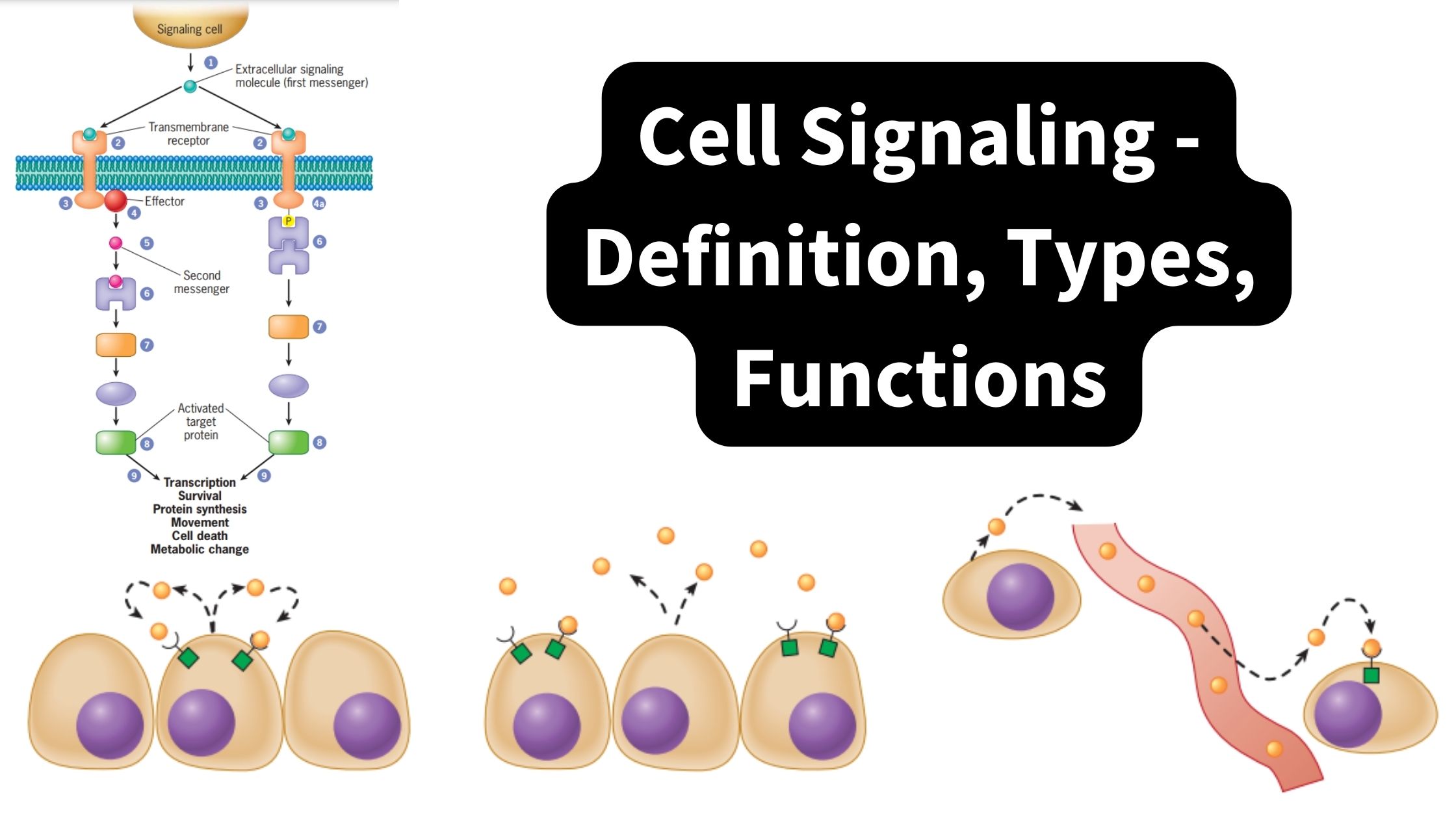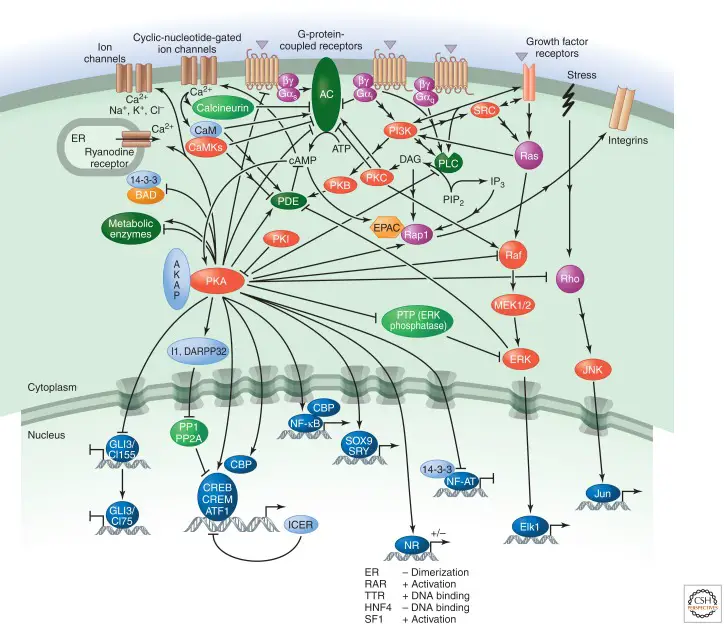Pathogen Virulence Factors Definition and Pathogenicity
Virulence Definition Virulence define the intensity of a pathogen to cause disease. The Virulence varies among different microbial species. Virulence enables the microorganism to carry a specific character which can damage the tissue of the host cell. Virulence helps the microorganism to better survive its residency in the host. The virulence property of an organism varies … Read more
